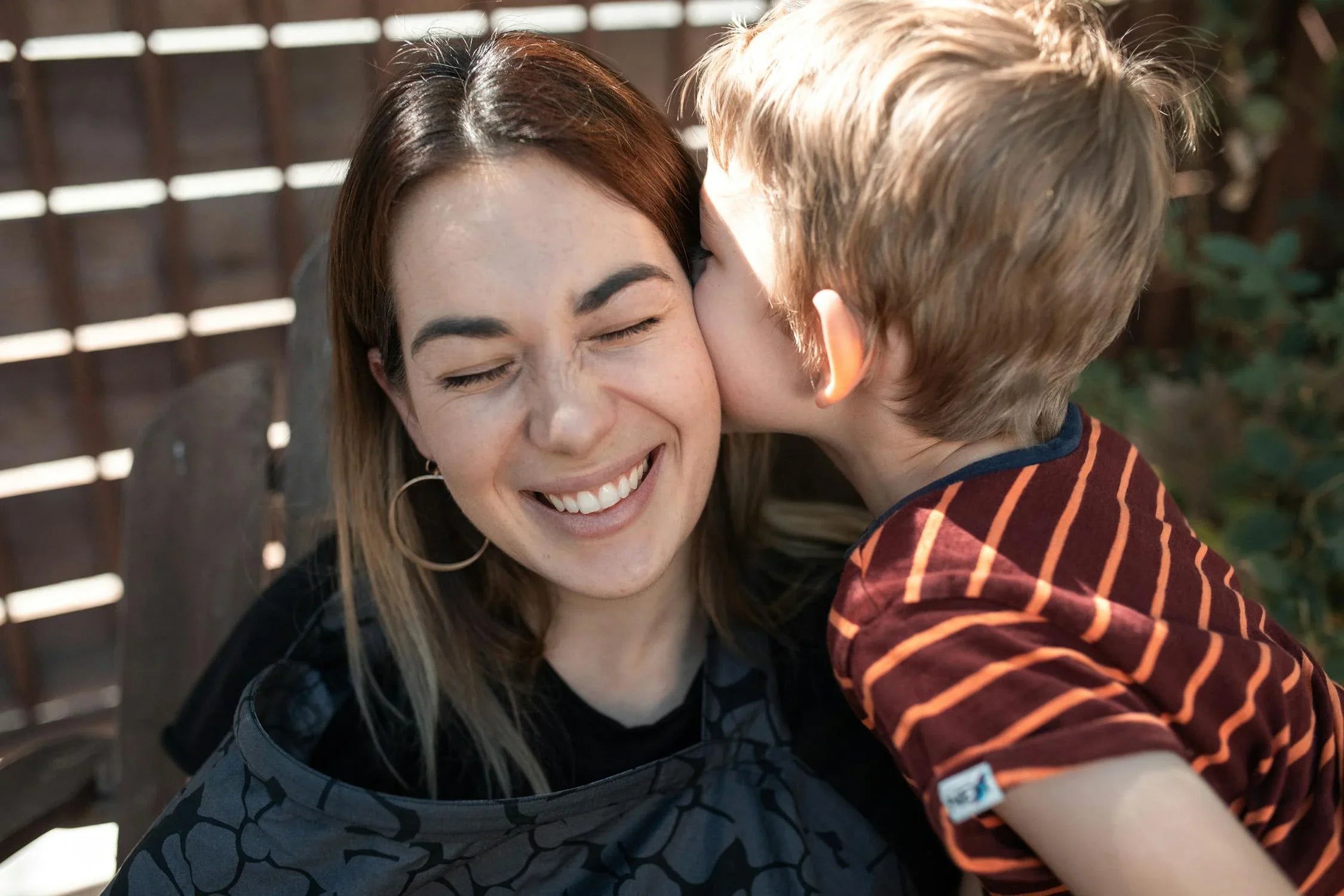Accueil
Pregnancy, Breastfeeding, and Pumping: The Ultimate Guide for Moms
What's the Earliest a Pregnancy Test Will Show Positive

What's the Earliest a Pregnancy Test Will Show Positive
For many women, the anticipation of finding out whether they are pregnant can be both exciting and nerve-wracking. One of the most common questions is, what's the earliest a pregnancy test will show positive? Understanding the timing and science behind pregnancy tests can help you get the most accurate results and reduce unnecessary stress.
How Pregnancy Tests Work
Pregnancy tests detect the presence of a hormone called human chorionic gonadotropin (hCG) in your urine or blood. This hormone is produced by the placenta shortly after a fertilized egg attaches to the uterine lining. The levels of hCG increase rapidly in the early stages of pregnancy, doubling approximately every 48 to 72 hours.
When Can You Take a Pregnancy Test?
The timing of when you can take a pregnancy test depends on several factors, including the sensitivity of the test and when implantation occurs. Here's a breakdown:
Implantation and hCG Production
Implantation typically occurs 6 to 12 days after ovulation. Once implantation happens, hCG begins to be produced. However, it takes a few days for the hormone levels to rise high enough to be detected by a pregnancy test.
Early Detection Tests
Some pregnancy tests are designed to detect lower levels of hCG, making them more sensitive. These tests can potentially show a positive result as early as 7 to 10 days after ovulation. However, the accuracy of these tests increases the closer you get to your expected period.
Standard Pregnancy Tests
Most standard pregnancy tests recommend waiting until the first day of your missed period for the most accurate results. By this time, hCG levels are usually high enough to be detected by the test.
Factors That Affect Test Accuracy
Several factors can influence the accuracy of a pregnancy test, including:
Timing of the Test
Taking the test too early can result in a false negative, as hCG levels may not yet be detectable. Waiting until after your missed period increases the likelihood of an accurate result.
Test Sensitivity
Different tests have different sensitivity levels. Tests with higher sensitivity can detect lower levels of hCG, allowing for earlier detection. However, these tests may also be more prone to false positives.
Urine Concentration
The concentration of hCG in your urine can vary depending on how much fluid you've consumed. For the most accurate results, it's recommended to use your first-morning urine, as it is typically more concentrated.
Tips for Accurate Testing
To ensure the most accurate results when taking a pregnancy test, consider the following tips:
Follow the Instructions
Always read and follow the instructions provided with the test. This includes the recommended timing for reading the results and how to properly collect and handle the urine sample.
Test at the Right Time
As mentioned earlier, testing too early can lead to inaccurate results. If you receive a negative result but still suspect you might be pregnant, wait a few days and test again.
Use First-Morning Urine
First-morning urine is typically the most concentrated and contains the highest levels of hCG. Using this sample can increase the accuracy of the test.
Avoid Excessive Fluid Intake
Drinking too much fluid before taking the test can dilute your urine and lower the concentration of hCG, potentially leading to a false negative.
Understanding False Positives and False Negatives
While pregnancy tests are generally reliable, they are not infallible. Understanding the potential for false positives and false negatives can help you interpret your results more accurately.
False Positives
A false positive occurs when a test indicates you are pregnant when you are not. This can happen due to certain medications, medical conditions, or even an expired or faulty test.
False Negatives
A false negative occurs when a test indicates you are not pregnant when you actually are. This is more common when testing too early or using a test with low sensitivity.
When to See a Doctor
If you receive a positive pregnancy test result, it's important to schedule an appointment with your healthcare provider to confirm the pregnancy and begin prenatal care. If you receive a negative result but still have symptoms of pregnancy or miss your period, it's also a good idea to consult your doctor.
Understanding what's the earliest a pregnancy test will show positive can help you navigate the exciting and sometimes anxious journey of early pregnancy. By knowing when to test, how to ensure accuracy, and what to do with your results, you can approach this important milestone with confidence and peace of mind.
Partager

